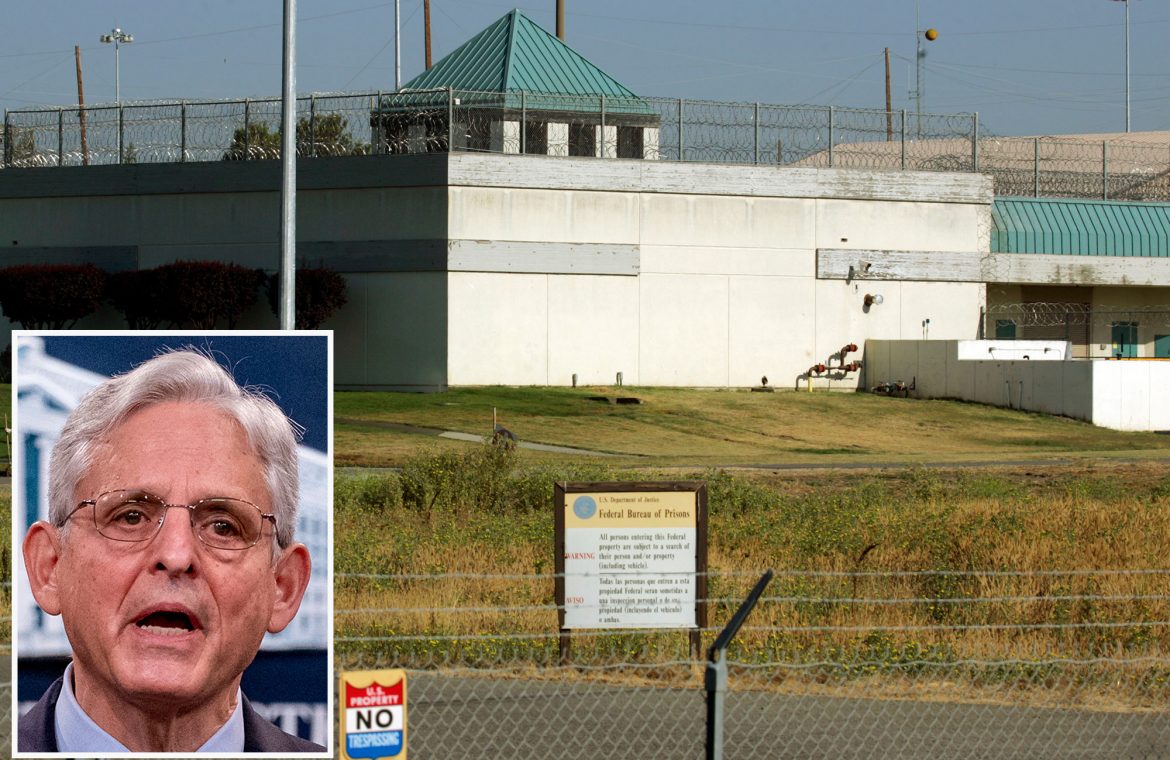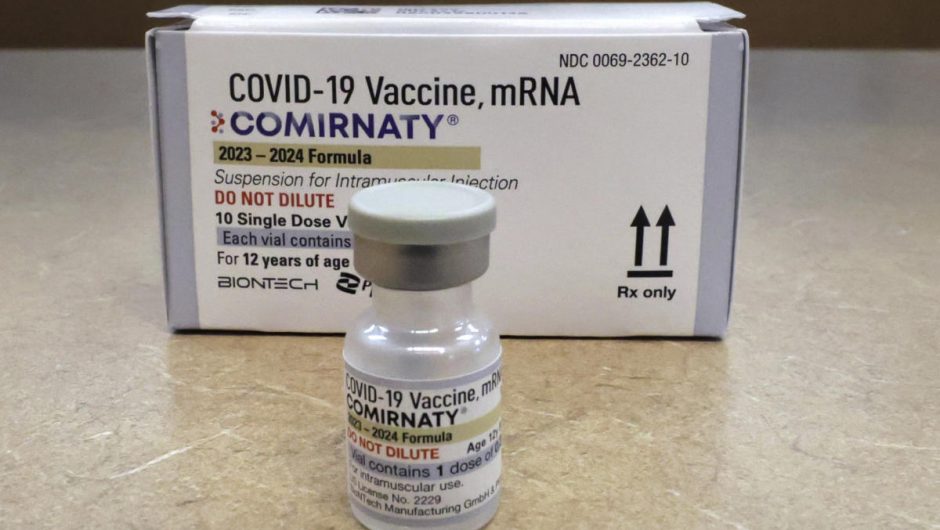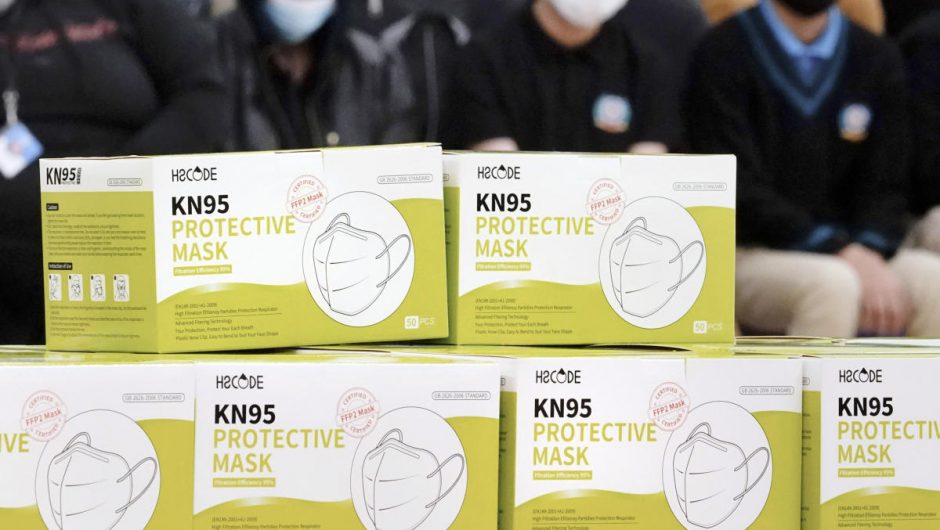[ad_1]
Thousands of federal inmates who were freed to curb the spread of COVID-19 will not have to return to prison when the health emergency ends, Justice Department officials announced Tuesday.
The move reverses a January order issued by the previous Trump administration and affects nearly 5,000 convicts who will now be allowed to remain out of jail on home confinement.
“Thousands of people on home confinement have reconnected with their families, have found gainful employment, and have followed the rules,” Attorney General Merrick Garland said in a statement Tuesday.
“We will exercise our authority so that those who have made rehabilitative progress and complied with the conditions of home confinement, and who in the interests of justice should be given an opportunity to continue transitioning back to society, are not unnecessarily returned to prison.”
Attorney General Merrick Garland believes the lives of many inmates have improved. APThe announcement impacts nearly 5,000 convicts who will remain in home confinement after the health emergency. AP
The new ruling reinterprets the language of the CARES Act, the March 2020 coronavirus relief bill that allowed for prisoners to be transferred into home confinement.
The inmates were selected based on several factors, including their vulnerability to the virus and their conduct behind bars. Sex offenders were not considered.
The Biden administration’s Justice Department said in Tuesday’s 15-page memo that the bill was “most reasonably interpreted” to give Bureau of Prisons officials “discretion over which inmates to return to facilities and which to leave in home confinement at the end of the emergency period.
Long-term home confinement is becoming more common especially for elderly and terminally ill offenders.AP
“It allows the agency to use its expertise to recall prisoners only where penologically
justified, and avoids a blanket, one-size-fits-all policy,” Christopher Shroeder, an assistant attorney general in the Office of Legal Counsel, wrote.
Over 35,000 federal inmates had been transferred to house arrest under the CARES Act, according to the memo. Many had completed their sentences, and several hundred reoffenders had been sent back to the penitentiary, but nearly 5,000 remained confined to their homes under the program, Shroeder wrote, advising against a blanket recall.
“Long-term home confinement — while not the norm — is becoming less unusual, given the measures Congress has adopted authorizing longer home-confinement placements for elderly and terminally ill offenders,” the memo read.
Attorney General Merrick Garland ordered his staff to reexamine the ruling as prison reform advocates lobbied the White House for a more flexible approach to home confinement, according to The Washington Post.
[ad_2]
Source link




